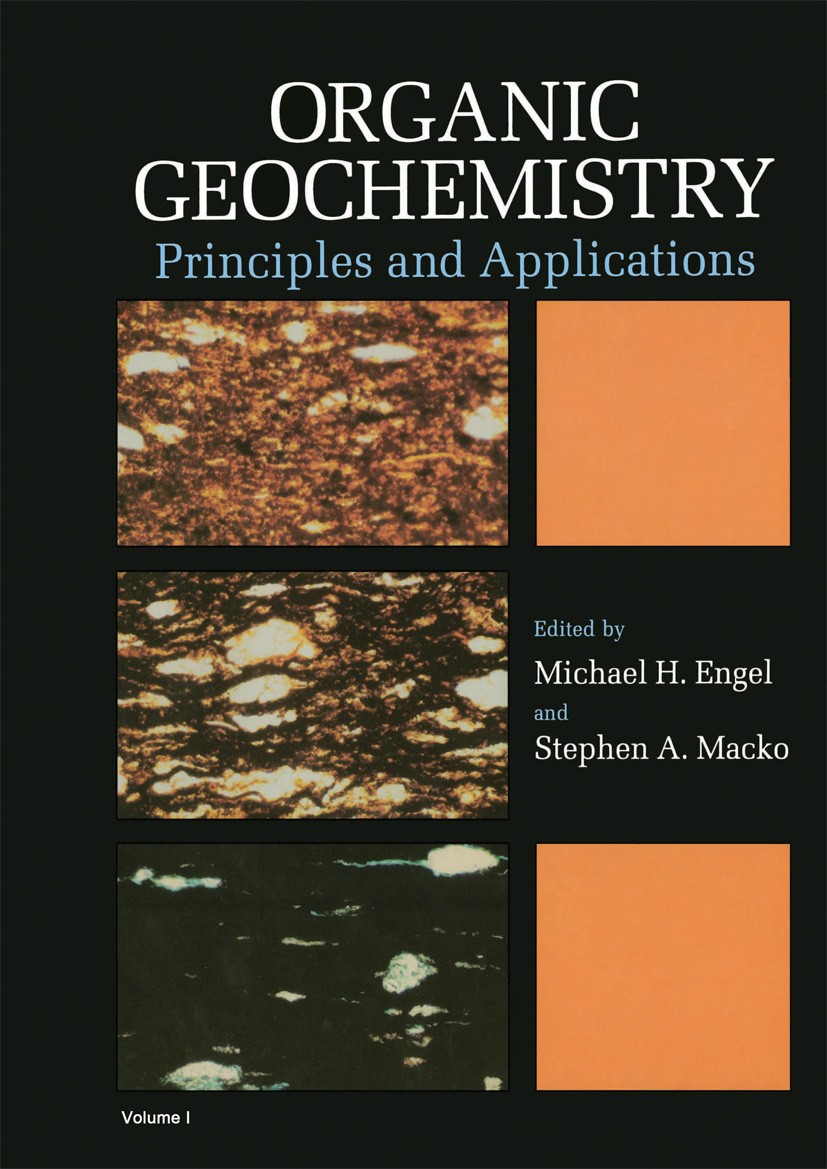中国西北部塔里木盆地顺北油田超深古生代凝析油中高等金刚石类的分布和来源
IF 2.6
3区 地球科学
Q2 GEOCHEMISTRY & GEOPHYSICS
引用次数: 0
摘要
采用气相色谱-质谱法分析了顺北油田凝析油中的高菱形酮。研究结果表明,顺北油田的凝析油受到了二次变化的叠加影响,包括生物降解、热液变化、蒸发分馏、裂解和 TSR。寒武纪 TSR 产生的 H2S 与奥陶纪碳氢化合物受热液活动的影响相互作用,可能导致石油中噻金刚烷的局部高浓度。综合分析表明,TSR 在顺北油田奥陶系储层中是局部的、有限的,对石油化学性质没有重大影响。对比研究表明,顺北油田凝析油中的二烷烃浓度没有受到生物降解和蒸发分馏的明显影响。与二烷烃相关的参数可以有效地描述其地球化学特征和二次改变。多参数相关热图表明,顺北油田凝析油中较高的二烷烃不是由于高热演化造成的,而是热液活动改变的。热液活动促进了凝析油中较高金刚石的形成。由热液活动形成的高等金刚烷为研究热液过程提供了一个新的视角。此外,这还有助于研究超深层有机流体与其矿物和水环境之间的有机-无机相互作用。本文章由计算机程序翻译,如有差异,请以英文原文为准。
Distribution and origin of higher diamondoids in the ultra-deep Paleozoic condensates of the Shunbei oilfield in the Tarim Basin, NW China
Higher diamondoids in the condensates of the Shunbei oilfield were analyzed using GC–MS. The findings indicate that the condensates in the Shunbei oilfield were subjected to a superimposed effect of secondary alterations, including biodegradation, hydrothermal alteration, evaporative fractionation, cracking, and TSR. High local concentrations of thiaadamantanes in oil may result from the interaction of H2S, derived from Cambrian TSR, with Ordovician hydrocarbons, influenced by hydrothermal activities. Comprehensive analysis shows that TSR is local and limited in Ordovician reservoirs in the Shunbei oilfield and has no significant impact on oil chemistry. Comparative studies indicate that the diamondoid concentrations in condensates from the Shunbei oilfield have not been significantly impacted by biodegradation and evaporative fractionation. Parameters related to diamantanes can effectively characterize their geochemical characteristics and secondary alteration. A multi-parameter correlation heat map suggests that higher diamondoids in the condensates of the Shunbei oilfield are not due to high thermal evolution but have been altered by hydrothermal activity. The hydrothermal activity promotes the formation of higher diamondoids in the condensate. The higher diamondoids that are formed by hydrothermal activity offer a new perspective for studying hydrothermal processes. Additionally, this aids in studying the organic-inorganic interactions of ultra-deep organic fluids with their mineralogical and aqueous environments.
求助全文
通过发布文献求助,成功后即可免费获取论文全文。
去求助
来源期刊

Organic Geochemistry
地学-地球化学与地球物理
CiteScore
5.50
自引率
6.70%
发文量
100
审稿时长
61 days
期刊介绍:
Organic Geochemistry serves as the only dedicated medium for the publication of peer-reviewed research on all phases of geochemistry in which organic compounds play a major role. The Editors welcome contributions covering a wide spectrum of subjects in the geosciences broadly based on organic chemistry (including molecular and isotopic geochemistry), and involving geology, biogeochemistry, environmental geochemistry, chemical oceanography and hydrology.
The scope of the journal includes research involving petroleum (including natural gas), coal, organic matter in the aqueous environment and recent sediments, organic-rich rocks and soils and the role of organics in the geochemical cycling of the elements.
Sedimentological, paleontological and organic petrographic studies will also be considered for publication, provided that they are geochemically oriented. Papers cover the full range of research activities in organic geochemistry, and include comprehensive review articles, technical communications, discussion/reply correspondence and short technical notes. Peer-reviews organised through three Chief Editors and a staff of Associate Editors, are conducted by well known, respected scientists from academia, government and industry. The journal also publishes reviews of books, announcements of important conferences and meetings and other matters of direct interest to the organic geochemical community.
 求助内容:
求助内容: 应助结果提醒方式:
应助结果提醒方式:


